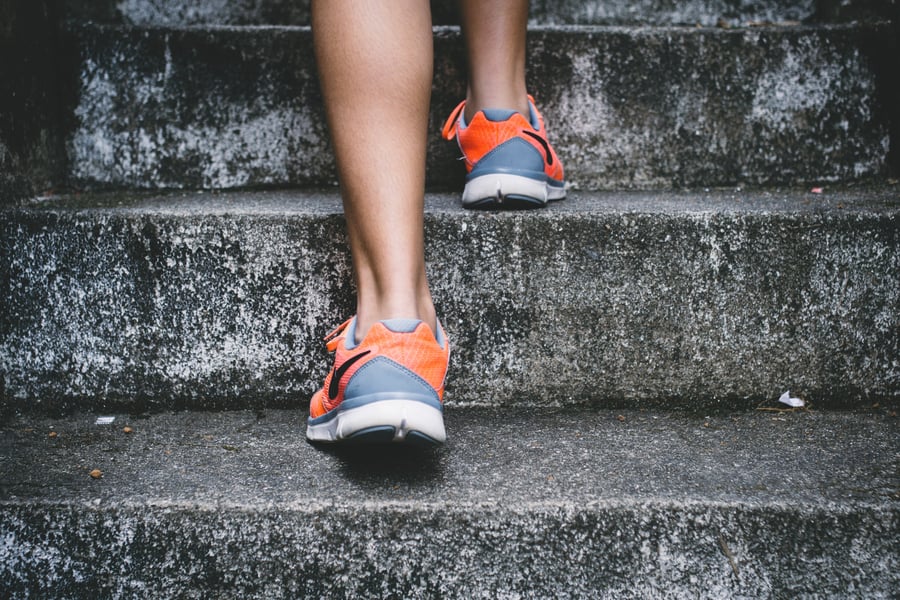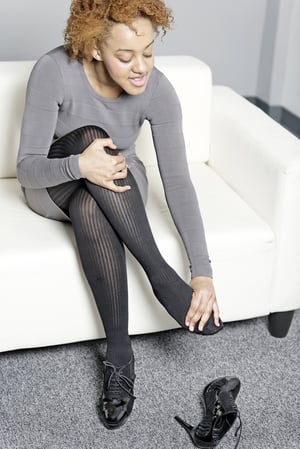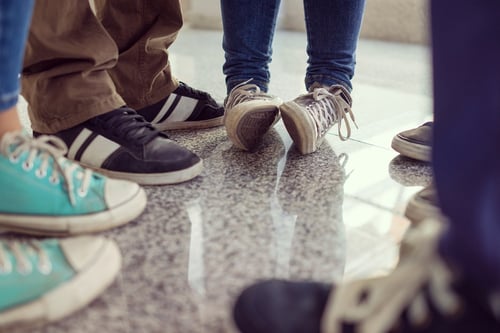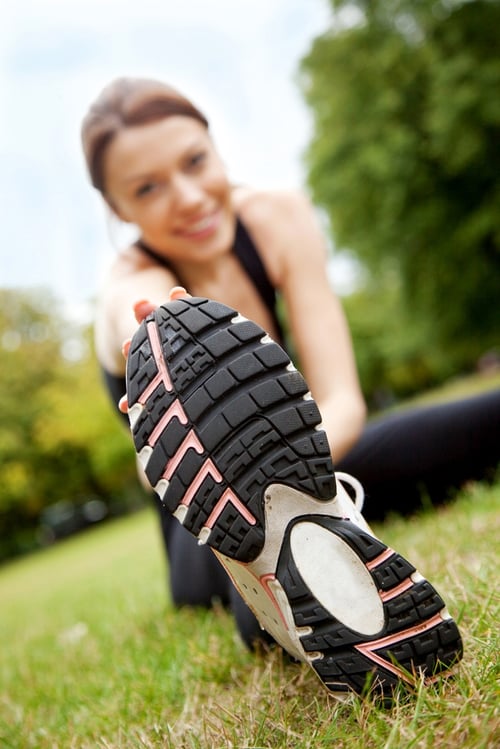
One of the biggest mistakes you can make when purchasing shoes is buying shoes that do not fit you properly. Many people, particularly women, buy shoes based on the way the shoes look, not on the way the shoes fit. Unfortunately though, you can make yourself uncomfortable or even damage your feet by wearing shoes that do not properly fit your feet. Here is everything you need to know about shoes and their fit.
Signs Your Shoes May Not Fit Properly
There are many types of shoes out there, ranging from running shoes to high heels. Regardless of what type of shoe you are wearing, there are a few consistent signs that the fit of your shoe may be off for your foot. One of the signs of an ill fitting shoe is a shoe that makes your foot feel cramped. A shoe that is slipping and sliding is also not properly fitted. It is also common to get blisters from shoes that are not properly fitted, as well as corns or calluses. Finally, if your shoes do not fit well, you may experience heel pain, pain in the ball of your foot, or even pain in your shins on your legs.
How to Check If Your Shoes Fit Properly
 Prior to buying shoes, always have your foot measured. They will measure not only the length, but the width of your foot as well. Many people have one foot that is slightly larger or wider than the other. Purchase shoes based on your larger foot. Once you are trying on a pair of shoes, always put them on and stand up in them. You should have one to two finger widths of space between your longest toe and the end of the shoe. You can also slide a finger in the back of the shoe. If your finger doesn't slide in, you may need to go up a half size. If you have more space than just a finger tip at the heel of your shoe, you may need to go down a size. Your toes should be able to lay flat without being squished or scrunched. Finally, walk in the shoes and determine how comfortable they are.
Prior to buying shoes, always have your foot measured. They will measure not only the length, but the width of your foot as well. Many people have one foot that is slightly larger or wider than the other. Purchase shoes based on your larger foot. Once you are trying on a pair of shoes, always put them on and stand up in them. You should have one to two finger widths of space between your longest toe and the end of the shoe. You can also slide a finger in the back of the shoe. If your finger doesn't slide in, you may need to go up a half size. If you have more space than just a finger tip at the heel of your shoe, you may need to go down a size. Your toes should be able to lay flat without being squished or scrunched. Finally, walk in the shoes and determine how comfortable they are.
The Risks Associated With Ill Fitting Shoes
Wearing ill fitting shoes can cause many problems with your feet. Some of the long term issues include things such as foot deformities, such as hammer toe, corns and calluses. Foot pain, including foot neuropathy that may never go away is also associated with shoes that do not fit properly. Ingrown toenails, bruised toe nails and the loss of toenails is also associated with shoes that are not properly fitted. Finally, many athletes experience injuries that may have been avoided with properly fitted shoes, such as strained or sprained ankles.
There are risks associated with wearing ill fitting shoes. Some of these risks may be short term, such as blisters or discomfort. Other risks may be long term and may require the care of a foot doctor. If you are experiencing pain in your foot, Sweeney Foot and Ankle Specialists is here for you. Let us help to diagnose and treat the foot and ankle issues you may be experiencing. Give our friendly staff a call now to schedule your appointment.






